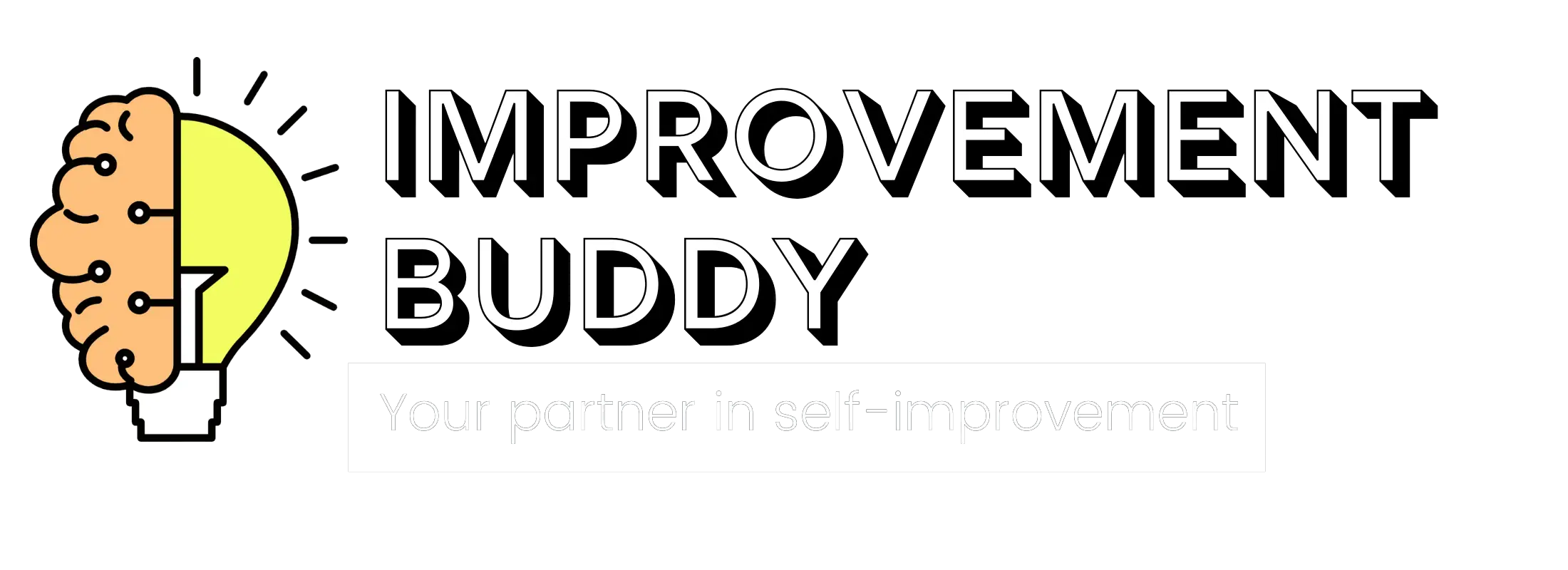How Many Hours Should I Study a Day? (and still be effective)

This post contains affiliate links.
Back when I was still in school, I was sitting on our couch feeling anxious about whether or not I already studied enough for our final exam. So I asked some of the smartest students in our room about their study habits and here’s what I found.
A good rule of thumb is to study for a maximum of 90 minutes per session and take breaks in between to allow your mind to rest and process the information you just learned. Then, you can do 3-4 study sessions a day to reach 4-6 hours of studying.
But in reality, the total time spent studying varies from person to person. Ahead, we will discuss the recommended time spent studying and why it isn’t realistic for most of us. In addition, I will give you some study tips to hopefully boost your learning.
How Many Hours Should I Study a Day?
The recommended hours of studying are 2-3 hours per credit unit per week. So if you’re enrolled in a 15-unit course, you are recommended to study for 30 to 45 hours a week outside of class.
However, this isn’t practical because we have other things to do such as eat and sleep.
And assuming that you have a part-time job or other responsibilities, it would be difficult to find time to study outside of class for more than 20 hours a week.
Luckily, the majority of students don’t spend that much time studying and most of them still make it to graduation.
In an article published by USA Today, they revealed that the average time university students study is only 17 hours a week. Far from the recommended study hours.
Personally, I think studying until you understand the concepts is more important than clocking in a certain number of hours.
Also, take advantage of spaced repetition and active recall. Both strategies are proven to be effective in solidifying the retention of information.
These strategies and many more are highlighted in the book Limitless.
Its author, Jim Kwik, is an established brain coach and famous for helping some of the biggest names in the world such as Elon Musk, Richard Bronson, and Barrack Obama.
If you’re interested in learning what that book is all about, you can get it as an audiobook for free if you sign up for Audible’s 30-day free trial.
Also, if you want to study for the recommended hours, try breaking up your studying into shorter 90 mins sessions and take breaks in between to allow your mind to process the information.
Why You Shouldn’t Study for Longer Than 90 Minutes at a Time
You might be thinking, “If the recommended hours are 30-45, why am I only supposed to study for 90 minutes at a time?”
Well, our brains can’t focus for more than 90 minutes at a time. So even if you sit down and try to study for 4 hours straight, your brain will only be effective for the first 90 minutes.
After that, your performance will start to drop and you’ll find it harder to pay attention and retain information.
This is why it’s important to take breaks in between your study sessions. Go for a walk, listen to music or do something that relaxes you for 10-15 minutes before starting again.
How Many Hours Should I Study For An Exam?
There’s a study calculator on the website caia.org that can help you plan and estimate how many hours you should study for your exams.
All you need to do is enter the total hours you wish to study, the exam date, desired completion date, and when you want to begin your readings.
The calculator will then give you a suggestion on how many hours per week you should study for that particular exam.
However, the entire thing will still depend on how much time you’re willing to spend, and how much you already know about the topic.
If you want to perform well on the exam, you should never cram your lessons. Instead, you should’ve already studied and learned the concepts ahead of time so you won’t have to learn new information a few nights before your exam.
The night before your exam, it helps if you can go over the concepts one last time. A quick review will help solidify the information in your mind so you don’t forget it on the day of the test.
How long this takes varies from person to person but I would recommend spending 1-2 hours reviewing materials that will be on the exam.
And if you’re really struggling with the material, then you might need to study more leading up to the exam.
How Many Hours Is Too Much Studying?
In a survey I conducted with my former batchmates, I asked them how many hours they would consider studying too much.
- Out of 21, 5 students answered more than 7 hours per day of studying is too much
- The longest duration a student considered studying too much is 12 hours
- The least duration a student considered studying too much is 3 hours
On average, most people consider studying for more than 7 hours a day too much.
I created an article specific to answering the question of how much is studying too much. I include the data I collected from my former batchmates as well as some information regarding signs of overstudying and what happens if you study too much. I highly recommend you check that out.
How to Make the Most Out of Your Study Time
Now that you know how much time you should be spending on studying, it’s time to make the most out of your study sessions.
Below are some tips to help you focus and retain information:
- Find a quiet place where you can focus without distractions. This could be at the library, a coffee shop, or even in your room.
- Eliminate distractions by turning off your phone, social media notifications, and anything else that might take your attention away from studying.
- Set a goal for each study session. For example, you can aim to finish reading one chapter of your textbook or do all the questions in one section of your review material.
- Use a study method that works best for you. Some students prefer listening to lecture recordings while others prefer reading their notes. Experiment and find a study method that helps you learn and retain information better.
- Take practice quizzes or tests. This is a form of active recall and will help you determine which areas you need to focus on more.
- Get enough sleep. This might be difficult if you’re trying to balance school with work and other responsibilities. But getting enough sleep is crucial for focus and concentration.
Final Thoughts
There is no one-size-fits-all answer to the question of how many hours you should study a day. The recommended number of hours is unrealistic for most students and your brain can only focus for a certain amount of time.
What’s important is that you make the most out of your study time by finding a quiet place to focus, eliminating distractions, setting goals, and using a study method that works best for you. Getting enough sleep is also crucial for focus and concentration.
If you can do all of these things, you’ll be able to study effectively and improve your performance in school.






